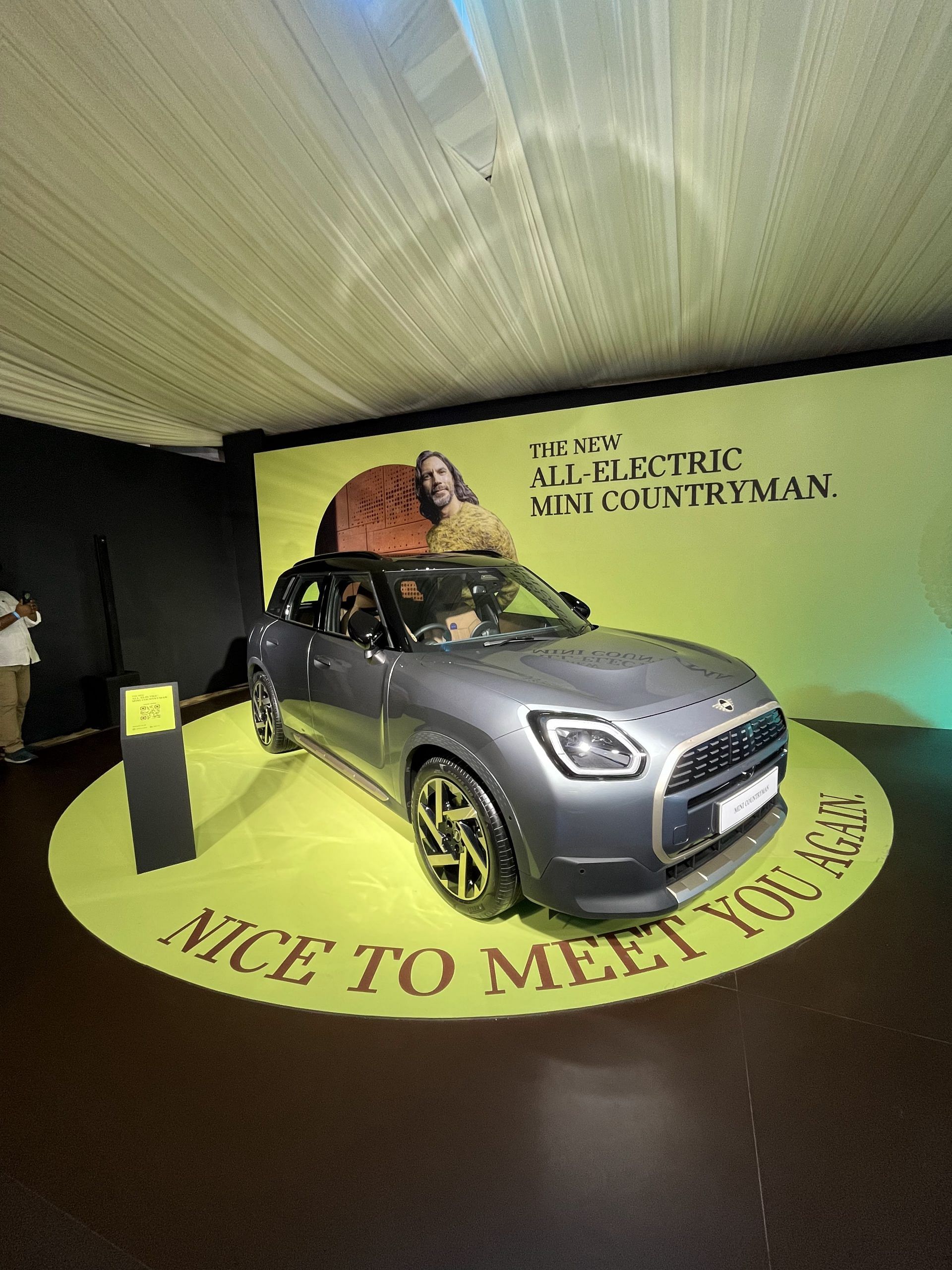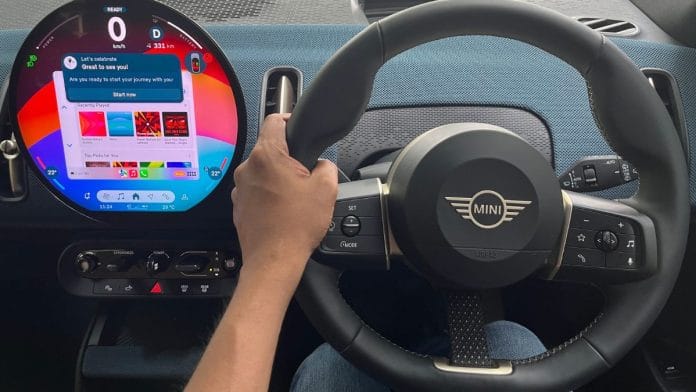About a decade ago, we were all told that electric vehicles were the future. The only future of the automobile industry. A fad that became particularly strong in Europe. Some countries like the UK even mandated a phaseout of all internal combustion engine vehicles by 2030. Automotive manufacturers also joined the bandwagon and started talking about how they would stop manufacturing petrol and diesel-engined cars by the next generation.
Europeans, particularly carmakers who have an extremely high opinion of themselves, believed that they would take the lead in electric vehicles. Unfortunately for them, first Tesla and then Chinese carmakers stole whatever technological lead they might have had. Then came the coup de grace—consumer preferences. It seems buyers are hitting pause before biting the electric bullet. Concerns about charging—especially in extreme weather—and the hidden costs, like mining rare minerals and coal-powered electricity, have come to the fore.
In some countries, like Norway—one that makes money from hydrocarbon exports—electric vehicles account for a majority of sales. But across other parts of Europe, EV sales are stalling. In fact, in most major markets with the exception of mainland China, pure battery electric vehicles (BEV) seem to have hit a plateau. This is true in India as well. With BEV sales slowing despite an expanded lineup, including the new Tata Curvv.EV and MG Windsor EV, and upcoming models from Maruti-Suzuki, Kia and Hyundai. These new models should boost sales in 2025. Even in China, the rising force is now range-extenders, something I wrote about last month.
However, none of this is a surprise to one European carmaker: BMW. During the rush to electrify and embellish ‘green credentials’, BMW was the only manufacturer that stated it would not put all its eggs in the electric basket. As Vikram Pawah, President of BMW Group India, told me during a recent interaction, “We wanted to offer our customers a choice. Whether it be petrol, diesel, battery electric and even hydrogen power in the future.”
This strategy seems to have paid off for the car company, in India and across the world. BMW hasn’t felt the need to push electric vehicles onto its customers, unlike its German luxury vehicle rivals, who are developing unique electric vehicle product lines. The BMW iX1 and i7 look exactly like the BMW X1 and 7-series respectively, other than lacking a tailpipe. As a result, BMW has become the leading purveyor of electric luxury vehicles in India.

Also read: EV lifespan is getting shorter. They are becoming like smartphones
EV—the BMW way
A couple of weeks ago, I got a chance to drive their latest, and most affordable electric vehicle yet. The MINI Countryman Electric. With an ex-showroom price of Rs 54.9 lakh, it was an absolute pleasure to drive. Despite its un-MINI-like bulk—weighing almost two tons—the car handles impressively. I can let that all be just for the coolness of the interiors. The car has always had a circular-shaped central display, but this time it actually is a circular screen. You can even pretend an LP record is going around on it while you play music.
Sure, you might get tired of the gimmicks, but the Countryman is spacious and great to drive, thanks to its 204-horsepower front motor. It offers better value than the BMW iX1, with which it shares its electric platform. While it is less powerful than the BMW-badged car, the 66-kilowatt-hour battery promises 460+ kilometres of range (though I expect slightly under 400 kilometers in real-world conditions). It’s not as small and light as the MINI Cooper, and while I can’t wait to drive the latest generation of that car, this electric vehicle is pretty darn good in its own right.
This was not the only BMW electric vehicle I drove in the past few weeks. After almost 200 columns, you might have figured that I’m a ‘car’ guy. So, when BMW India asked me to try out the new CE 02 electric scooter, I was surprised. However, BMW’s goal with this scooter—manufactured (not just assembled) in partnership with TVS Motors at Hosur—is to show that anyone, even a non-rider like me, can take it for a spin.
They threw me straight into the crucible of Gurugram’s Golf Course Road on a Monday morning. There was peak 10 am traffic. The fact that I am writing this is proof I survived. While I might have looked like a clown in borrowed riding gear, the CE 02 was immensely fun to drive. You can toggle between driving modes, and although its range and top speed are comparable to products from brands like Ather and Ola, its design, inspired by the urban sport of parkour, makes it stand out, even if it costs Rs 4.5 lakh. Much like the G 310 GS motorcycle also produced at Hosur, BMW Motorrad, the two-wheeler division of the Munich-based firm, plans to export these from India, with limited domestic sales. This is quite a win for ‘Make In India’.
Wait-and-watch strategy
Sometimes, you just need the real thing. I’m not saying electrics aren’t ‘real’, but there’s something about the feel of driving a powerful petrol engine, with power surging and the exhaust roaring, that’s very different from the antiseptic experience of electrics. Thankfully, BMW is still making some really nice petrol engines, like the three-litre straight-six in the BMW M340i, which I drove down to Jaipur. While I didn’t zoom down the Delhi-Mumbai Expressway, it felt nice to know that there is still that option of internal combustion.
BMW just announced that they sold 10,556 cars in India between January and September 2024, record numbers for them and a growth of 10 per cent from the same period last year. They are also the leaders in the electric luxury vehicle space with the i7 being a bestseller. In fact, as Pawah mentioned, 40 per cent of 7-series buyers choose the electric, just as many buyers choose the petrol. BMW’s success comes from hedging their bets instead of going all-in on electrics.
But what will the future hold for BMW and the larger automotive market? Everyone is following a wait-and-watch philosophy and not betting like a drunkard at the poker table.
@kushanmitra is an automotive journalist based in New Delhi. Views are personal.
(Edited by Ratan Priya)







I wish I could make a ₹5 lakh car with a range of 500 km with a charging time of 5 minutes to full charge.